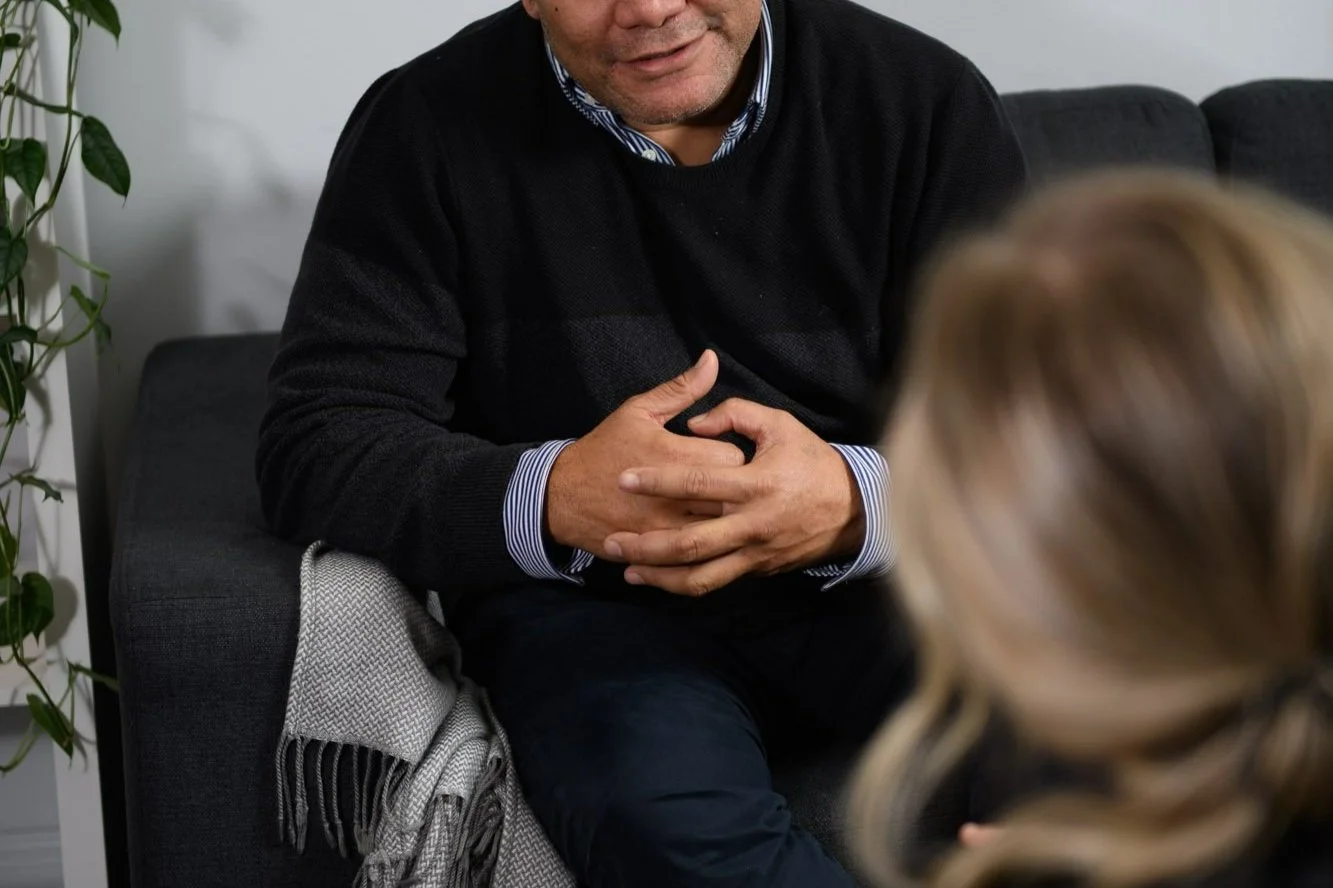It's really easy to blame someone when kids are being naughty, oppositional, or defiant. "They are just so difficult...", "She is doing this for attention!", or "He is just like his father!" are common ideas that come to mind. Especially when your child just won't cooperate, listen, or do what they are asked.
Often, though, we might not understand the child's behaviour enough to accurately pinpoint what causes the behaviour, and why it keeps happening.
As parents, we try the strategies we have been told, the things we saw our friend do, or what our own parents did with us. And yet, the oppositionality continues. We read a parenting website, Google "What do I do when my kid won't behave?", and find ourselves getting frustrated and yelling more than we would like. Then they talk back to us and run off.
There are a few key steps to understanding children's behaviour that we will be looking at over the coming weeks. The first is an idea discussed by Dr Russell Barkley, one of the pioneers in ADHD and Oppositional Defiant Disorder research, in his behavioural parent training work. Dr Barkley notes there are four main causes of, or contributors to children's misbehaviour.
1. Child Factors
These include a wide range of child-specific problems including temperament (including inherited predispositions toward irritability, low frustration tolerance, and anger), impulsivity, attentional problems, learning problems, intellectual and developmental difficulties, sensory sensitivities, activity levels, emotional regulation ability, physical characteristics (including motor coordination, stamina, and appearance), etc. It is not difficult to see how these child-specific elements can lead to conflict with parents or caregivers. It is also easy to see how child misbehaviour can be solely attributed to these characteristics. However, according to Dr Barkley, another key element that contributes to child misbehaviour is parent factors.
2. Parent Factors
Parent factors are not that different to child factors, but they definitely impact how parents interact with their children and manage their kids' behaviour problems. Parent factors can include things like (you guessed it!): temperament, impulsivity, learning and intellectual difficulties, emotional regulation ability, physical characteristics, etc, etc. Pretty much all the same things that kids bring to the equation. Because (and it's really important to remember this), parent-child interactions are bi-directional. They go two ways; parent to child, and child to parent. Unless one of you is a robot of course, and in that case, you are reading the wrong blog.
3. Family Stress Events
There are a wide range of stressful events or situations that families can experience, that can also contribute to children's misbehaviour. These can include significant or catostrophic events like the death of a family member, exposure to family violence, family separation or restructuring, loss of stable housing, or loss of financial security. Less severe events also are worth a mention here, including financial strain, marital discord, tense relationships with relatives, etc.
Now, at this point a lot of families tell me they can't do anything about these factors. And they are largely right. We are stuck with genetic predispositions, can't do a lot about our in-laws, and that physical characteristic is largely permanent. There may be some things you can do to modify some of these factors though. And, if you can, the time is now. Go and seek some financial counselling, set some limits with your extended family members, and get a health check-up with your GP.
This brings me to the final factor, the one you really CAN do something about.
4. Situational Consequences.
Now, I'm not going to go into detail here as this area definitely deserves it's own post. But for now, be assured that understanding how that happens around the same time as the child's behaviour can a) help you to better understand why the problem behaviour keeps happening, and b) help you to understand what needs to happen to change it.
Keep a lookout for our next post to learn more, and leave a comment if there are any topics you would like us to explain further.
Olivia Boer is a Clinical Psychologist and Director of Healthy Mind Centre Launceston, a private allied health practice in Launceston, Tasmania.





